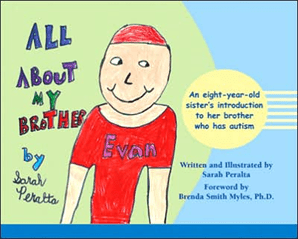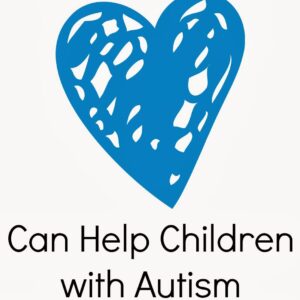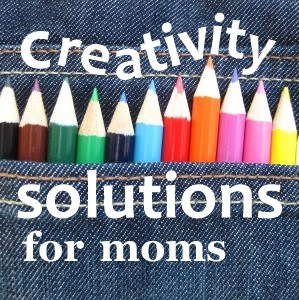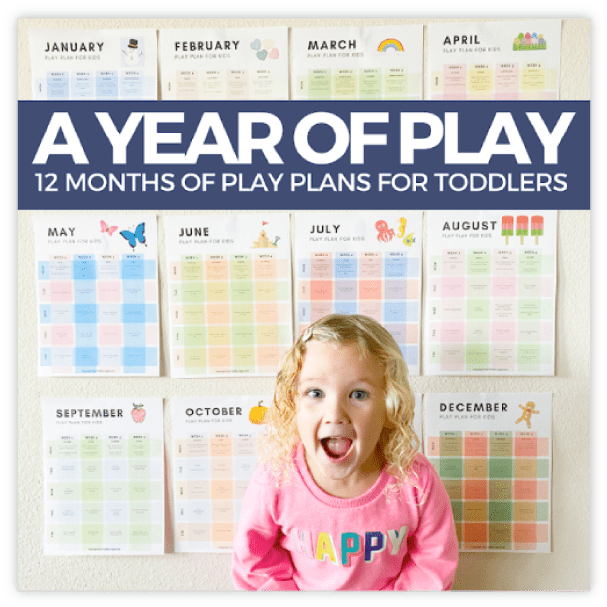Last April we honored Autism Awareness Month with some guest posts on specific topics related to autism. Through these guest blog posts we hoped to raise awareness of autism and its effects on individuals, families, and society. I thought this post was powerful and wanted to share it with you again. I think it relates to not only families who have children with autism, but families who experience any struggle, especially the challenge to raise a child with a disability... Don't judge, just ask how you can help.
Today's guest blogger is Megan from Open the Door.
What are some "small ways that individuals can help families/children with autism?"
I love the theme for this guest blog post. It's a great question, one I wish more people would ask me. Come to think of it, I could stand to ask this question of more people I know who are facing autism. Despite the fact that I have a moderately autistic 5-year-old son, I still hesitate to ask others facing autism how I can help them. I think I am afraid of causing them pain, of calling attention to something of which they are already all too aware. Besides, autism is part of my life. I should just automatically know what to do, right?
Nope. Every kid with autism is different. Often I've heard the saying: "If you've seen one child with autism, you've seen one child with autism." That's the problem with these "spectrum disorders." They encompass so much and that makes it hard to know what to do to help, even if you live with autism daily. In thinking about his topic, I thought of things I wish people would do to help me or to help my friends facing autism. I can't speak for everyone in the autism community but from personal experience I can say that it's not so much small ways people can help, but rather one small thing people can do that makes a big difference to people facing autism: ASK them how you can help them. Knowledge is truly a powerful thing. And though it is cliche to say it, it changes the world. If you approach a parent of a child facing autism or an individual facing autism with a strong desire to understand them, to be respectful, sensitive and patient, you can profoundly affect their life. And shouldn't this really be the way we approach every human being on this earth?
Now autism brings it's own set of challenges and it might help to have a list of things to ask. If the person you know with autism is a child, talk to their parents. If they are older or an adult, speak to them directly. In either case, make sure they have brought up autism first. Don't assume they have a diagnosis or even know they have a diagnosis. For simplicity I am going to phrase these questions as if you were speaking to the parent of a child with autism, but they can be modified for older children and adults you make know.
"How should I approach your child?" or "Should I approach your child?"
"Does your child have any sensitivity to noise or touch?"
"How should I speak to your child?"
"Are there things your child enjoys or loves to talk about?"
Children with autism are often sensitive to sounds, smells, sensations that neuro-typical people have figured out how to ignore. The world can be a very uncomfortable place for them They may not look you in the eye, or appear to hear you, or even acknowledge your presence. They may seem lost in their own world. This is where the word autism comes from, the Greek "autos" or self. It's a defense mechanism. If you keep this in mind, it will help you approach the individual with autism with the appropriate sensitivity.
In making yourself acquainted with your friend with autism, don't forget their caregivers. Parents of children with autism, or caregivers of adults with autism are often in crisis mode. They are trying to survive in a world that doesn't always fit them or their child. Parents are often so focused on their child with special needs they neglect themselves. They are reluctant to ask for help with their burden. Parents of special needs children often feel like they need to be superheroes. They are also keenly aware of their child's differences and may worry about being accepted. So questions like the following may prove helpful.
"How are YOU handling things?"
"Is there anything I can do to help?"
"Do you need a break or a chance to talk?"
"How are your other children or your spouse doing?"
I remember the first time someone asked me these questions, I almost cried. It was like someone gave me permission to take care of myself and to express what I was feeling. Autism is something the whole family faces. It's hard on everyone. Sometimes siblings get left out. I worry about this when it comes to my 3-year-old daughter. Am I neglecting her? Is she getting enough love and attention. When someone shows special attention to her, I appreciate it so much. Even if your friend doesn't accept your help, just know that in the asking you have helped them. And you've now shown yourself to be a caring person they can go to in the future. This is why I find the ASKING so important. Respectful, sensitive asking will do a world of good for people facing autism. As its name suggests, autism can be isolating, for everyone touched by it. However, nothing breaks through that isolation like the genuine, compassionate connection between two human beings.
Thank you Megan!! Megan blogs about her son's journey with autism at Open the Door.










Thank you for your post. As a mom of a 7 year old son on the spectrum I can tell you life is chaos and finding people to relate to is hard. Just to be validated that life is hard can be so refreshing to hear. When someone shows that extra measure of grace to my son melts my heart or notices that his sister can get left out and treats her special.